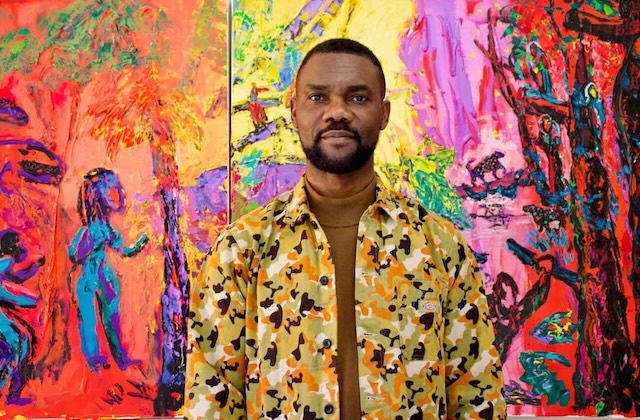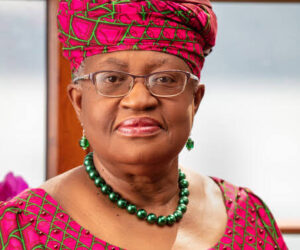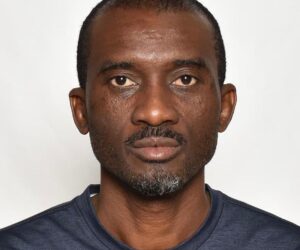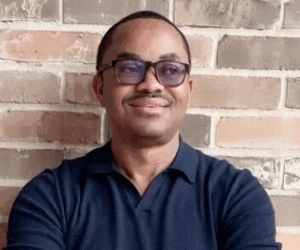
In an era of fiscal scrutiny, cultural investments like MOWAA deserve celebration, not suspicion. They yield intangible yet invaluable returns — pride, identity, and prosperity — that no balance sheet can fully capture. Governor Okpebholo’s committee would do well to shift from probing ownership to promoting this extraordinary asset. Edo State didn’t just fund a museum; it helped birth a legacy.
In a recent statement that has sparked debate in Edo State, a committee established by Governor Monday Okpebholo claimed that despite the state government’s allocation of ₦3.8 billion to the Museum of West African Art (MOWAA), the Edo government holds “no equity” in the project. This assertion, while technically correct, highlights an opportunity to clarify how charitable trusts and non-profit cultural institutions typically operate. Far from being a point of contention, this structure is the very foundation of MOWAA’s success — and a boon for Benin City and Edo State at large.
At its core, MOWAA is not a for-profit enterprise but a charitable trust dedicated to preserving and showcasing West Africa’s rich artistic heritage. Donors, including governments and foundations, contribute funds as outright gifts, not investments expecting dividends or shares. “Equity” and “returns” simply don’t apply here. As with renowned global museums like the Louvre in Paris or the British Museum in London, these institutions operate in the red, relying on philanthropy to bridge the gap between ticket sales, grants, and operational costs. The ₦3.8 billion from Edo State? It’s a philanthropic commitment to cultural legacy, not a stock purchase.
The committee’s probe, it seems, misses the forest for the trees. Instead of fixating on “interests” or ownership stakes, the pertinent question should be: Was the funding deployed as intended? The resounding answer is ‘Yes.’ MOWAA’s premises in Benin City stand as testament to transparent and effective stewardship. A simple visit to the site — urged upon any skeptic — reveals state-of-the-art facilities that have already begun transforming the city into a global hub for African art and archaeology. What Edo State has received in return far eclipses the financial outlay: Enhanced tourism potential, job creation, educational opportunities, and a permanent elevation of Benin City’s stature on the world stage.
Consider the broader funding landscape. The German government, for instance, has contributed substantially more than Edo’s ₦3.8 billion — yet demands no equity or control. This is the norm for international backers, who view MOWAA as a shared public good. The project has drawn support from some of the planet’s most prestigious philanthropic entities, including the Andrew W Mellon Foundation, the Getty Foundation, and the Ford Foundation in the United States. Governments of France and Denmark have also stepped up, recognising MOWAA’s role in fostering cross-cultural dialogue and conservation.
One of MOWAA’s crown achievements is its Institute, the largest and most advanced centre for collections, archives, and archaeological sciences in West Africa. Equipped with cutting-edge technology for digitising artifacts, conserving heritage, and conducting research, it positions Benin City as a beacon of innovation in the region. This isn’t just infrastructure; it’s a catalyst for economic growth, attracting researchers, artists, and visitors from afar.
Crucially, MOWAA’s independence as a charitable foundation means it shoulders its own operational burdens. There will be no recurring drain on Edo State’s coffers — quite the opposite. As the museum ramps up programming, exhibitions, and community outreach, it promises to generate revenue through events, partnerships, and tourism while amplifying the state’s soft power.
The controversy underscores a broader lesson: In an era of fiscal scrutiny, cultural investments like MOWAA deserve celebration, not suspicion. They yield intangible yet invaluable returns — pride, identity, and prosperity — that no balance sheet can fully capture. Governor Okpebholo’s committee would do well to shift from probing ownership to promoting this extraordinary asset. Edo State didn’t just fund a museum; it helped birth a legacy.
For those in Benin City or beyond, the invitation stands: Pay MOWAA a visit. See for yourself why this “donation” is one of the smartest bets on the future.
Enotie Ogbebor is an independent artist and advocate for cultural heritage in West Africa.









